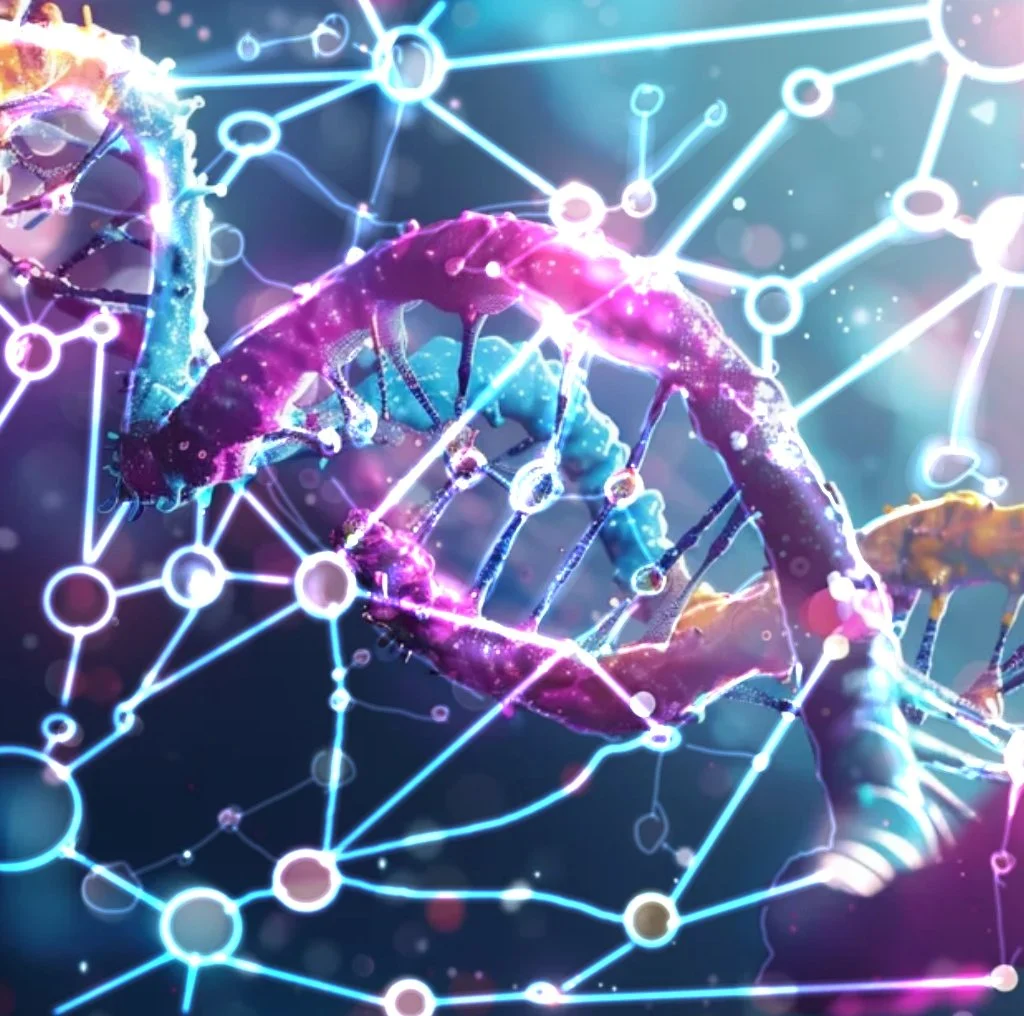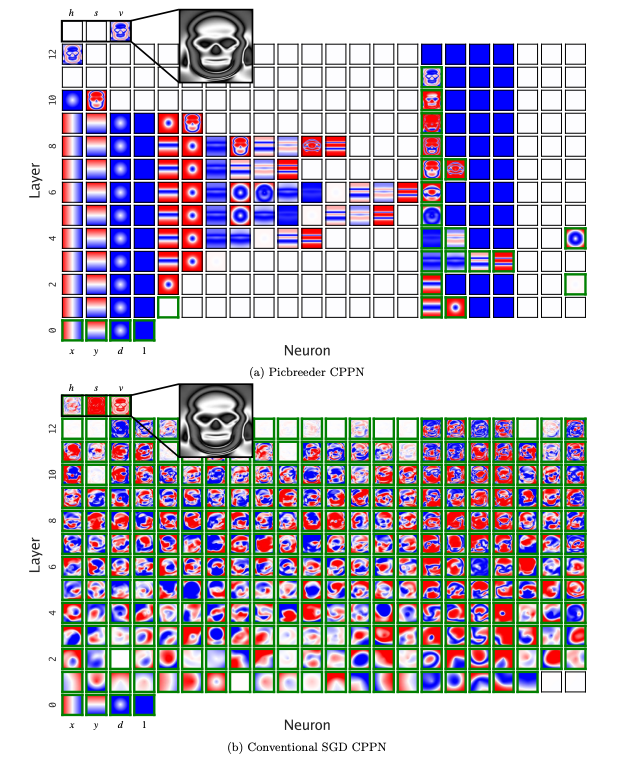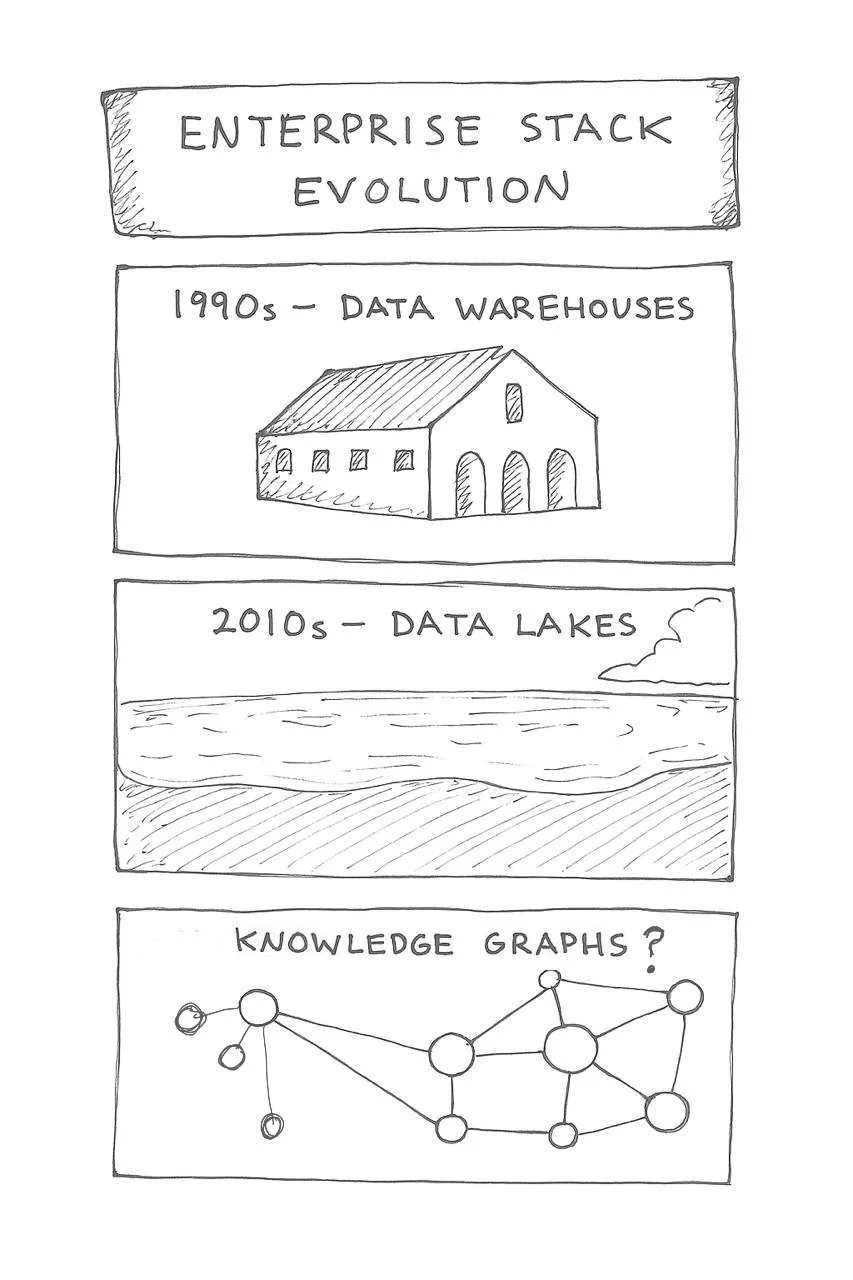
Fractured Intelligence: Why Order Still Matters in AI
Even if large language models grasp deep concepts like symmetry or linearity, their internal representations remain messy and entangled — opaque to human understanding. This lack of structure may limit their ability to generalise far beyond training data. Pairing them with well-organised, ontological frameworks offers a path toward clarity, verifiability, and deeper reasoning.
From Entropy to Intelligence: Redefining Boundaries with Knowledge Graphs
Organisations behave like dissipative systems — optimising locally while exporting entropy to the whole. To become AI-native, we must redraw our boundaries, dissolving silos and integrating intelligence at the organisational level. Knowledge Graphs provide the connective tissue for this transformation, turning chaos into coherence.
Knowledge Graphs Are Going Mainstream: The New Foundation for AI
From SAP and Netflix to ServiceNow and Samsung, leading organisations are embracing knowledge graphs and ontologies as foundational infrastructure for AI and analytics. The reason is clear: AI needs context, businesses need unified meaning, and users need semantic access to insights. The knowledge graph is becoming the new enterprise standard.
Head of Data & AI: Reversing the Flow of Intelligence
Forward-thinking organisations are realising that their AI strategy is their data strategy. The next frontier isn’t extracting intelligence from data — it’s embedding intelligence back into it. By using AI to shape, connect, and structure data through ontologies and knowledge graphs, we create systems that truly reflect how the business thinks.
Why Use a Knowledge Graph?
In the AI arms race, data isn’t just fuel - it’s the architecture for the intelligence you train. Yet most enterprises still rely on 20th-century data architectures for 21st-century intelligence. Your CRM is a vault of customer interactions, your ERP tracks orders, and your analytics tool crunches numbers - each a walled garden. AI is meant to be the brain that connects them all, but it can’t - because these systems weren’t designed for AI.
What Is A Knowledge Graph?
In a simple graph, an edge between two nodes just means "these things are connected." In a knowledge graph, the edges say how and why they are connected.
Let’s expand our example. Suppose Alice isn’t just a person - she’s a doctor. She works at a hospital. That hospital is located in London and specialises in cardiology. Instead of an undifferentiated mess of connections, we now have semantics - explicit labels that tell us what each node and edge means.
This is what turns a graph into a knowledge graph: it captures relationships, categories, and meanings. It understands that a person isn’t the same as a company, and that "works at" is different from "has visited."
Predictions For 2025
Here are The Knowledge Graph Guy’s predictions for Knowledge Graphs in 2025!. These trends underscore the increasing strategic importance of Knowledge Graphs as a cornerstone for GenAI adoption in 2025.








